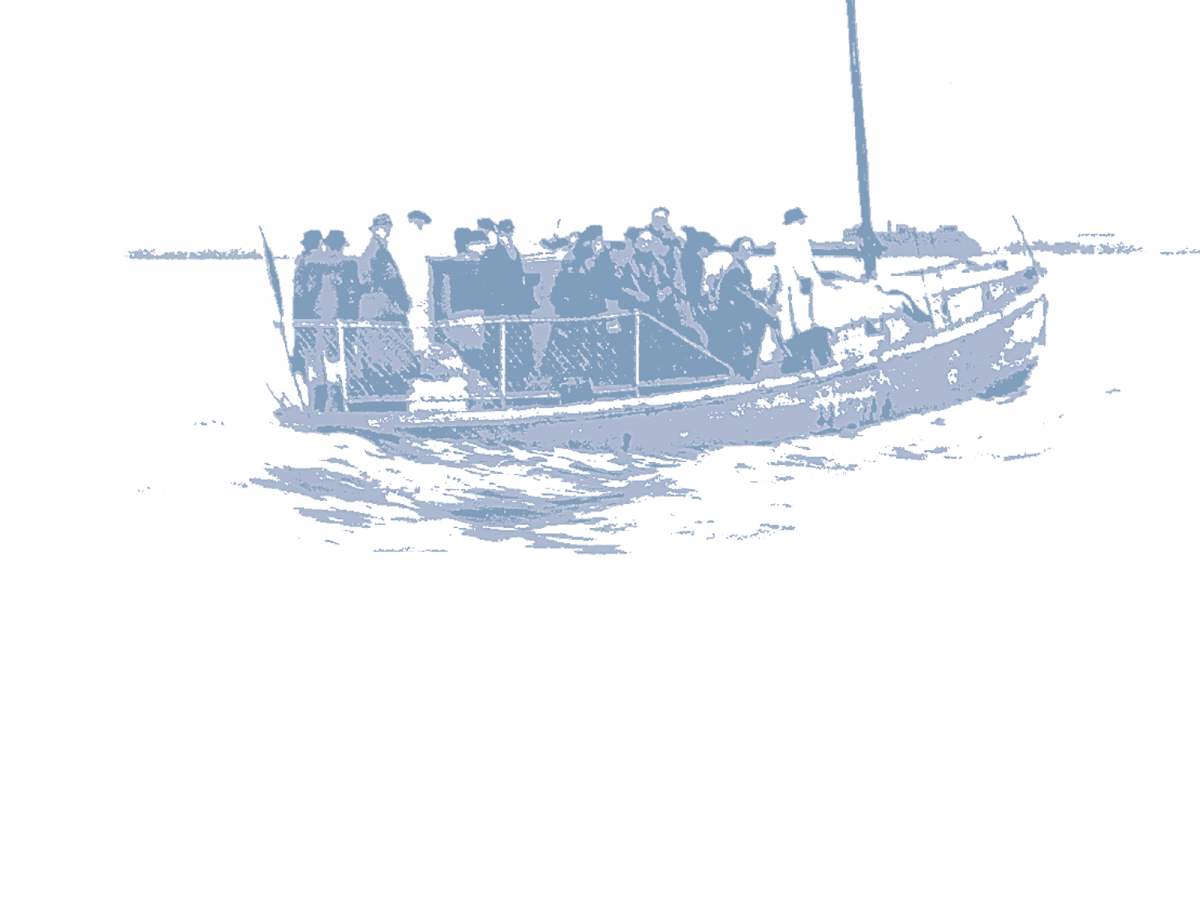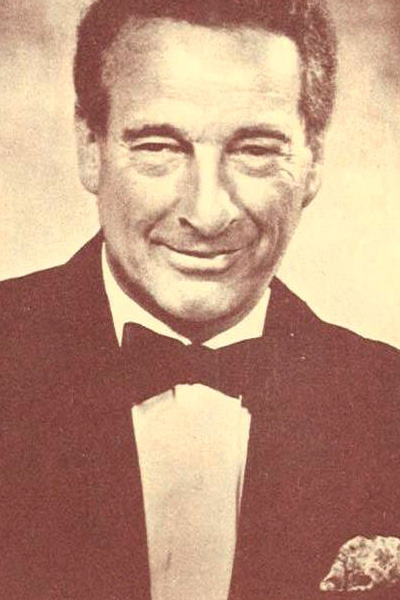In 1963, along with New York lawyer Richard Netter, Victor Borge founded Thanks To Scandinavia, a scholarship fund, in gratitude for the heroic deeds of the Scandinavians who, while risking their own, saved the lives of thousands of the persecuted and doomed during the Holocaust. The multi-million dollar fund has already brought thousands of students to America (and Israel) from the Scandinavian countries (and Bulgaria) for study and research. Mr. Borge served as the longtime National Chairman of Thanks To Scandinavia.
Born in Copenhagen to a musical family, Borge was introduced to the piano by his mother when he was 3 years old. He was hailed as a prodigy and given a scholarship to the Copenhagen Music Conservatory. While still in his teens, he was awarded scholarships to study with Frederic Lamond and Egon Petri in Berlin and Vienna. By the time he was in his early 20s, Borge’s incredible sense of humor combined with his musical ability had established him as one of the leading film and stage personalities in Scandinavia. Humorist Borge was noted for his biting satire, and when the Nazis invaded his homeland, his barbs about Hitler earned him a top position on the Nazi blacklist. He escaped on the last American passenger ship to leave Northern Europe.
He made his operatic acting “debut” by performing as both Prince Orlovsky and the jailer Frosch in Sarah Caldwell’s Boston Opera Company production of Die Fledermaus with Beverly Sills. He conducted five S.R.O. performances of Mozart’s The Magic Flute for the Cleveland Opera. Borge also presented his own concert adaptation of Bizet’s Carmen, which he narrated and conducted to critical acclaim.
Each season Maestro Borge performed with and led a number of the world’s foremost orchestras, including the New York Philharmonic and the Royal Danish Orchestra. Some orchestras actually had their seasons rescued by the inclusion of a Victor Borge appearance in their programs or by special benefit performances.
In the nearly 70 years he lived in the United States, Victor Borge performed on radio, in films, on television, on Broadway (where, with rave reviews, he made theatrical history with his Comedy in Music with a record breaking 849 performances), in huge sports arenas, in opera houses, and at the White House. His numerous television appearances included several programs on PBS. One, with the Chicago Symphony Orchestra hosted by Itzhak Perlman, features Borge as the special guest star performing his famous “Borgeism” on Mozart.
The noted music critic Jacob Siskind wrote of Borge’s sense of humor and his musical talent: “Borge is such a cut-up, you don’t expect him to play with that incredible sensitivity that is his…the tone is pure gold.” The distinguished violinist and conductor Henri Temianka wrote that “there is more to Borge’s piano playing than he allows us to hear. But, in those fleeting moments we recognize an elegance of touch, a limpidity, a grace, a transparency, a talent that sets apart the few from the many.”
In memory of his parents (Borge’s father was an honored member of the Royal Danish Philharmonic Orchestra), he established a special music scholarship; one of the highest study grants in his native country, it is awarded each summer at a gala ceremony in the Concert Hall of the famous Tivoli Gardens. He also established scholarship grants at the annual Rebild July Fourth Festival in Denmark — a Danish celebration of U.S. independence — in honor of Sanna and Victor Borge, and he has given numerous benefits to help worthy causes.
Affectionately known as “The Great Dane,” Mr. Borge was an ambassador of goodwill for both his native Denmark and his adopted America. He received national recognition as a Kennedy Center Honoree, was knighted by Denmark, Finland, Norway and Sweden, and honored by both the U.S. Congress and the United Nations.
Mr. Borge spent his treasured free time with his five children and nine grandchildren. An expert skipper, Borge said, “with me the three B’s are Bach, Beethoven and Boats.” Deeply devoted to his native country, he was no less grateful for being a citizen in the one he adopted.
Mr. Borge passed away in December 2000, leaving behind a legacy of music, laughter, and the many communities that greatly benefited from his generous work and contributions.

